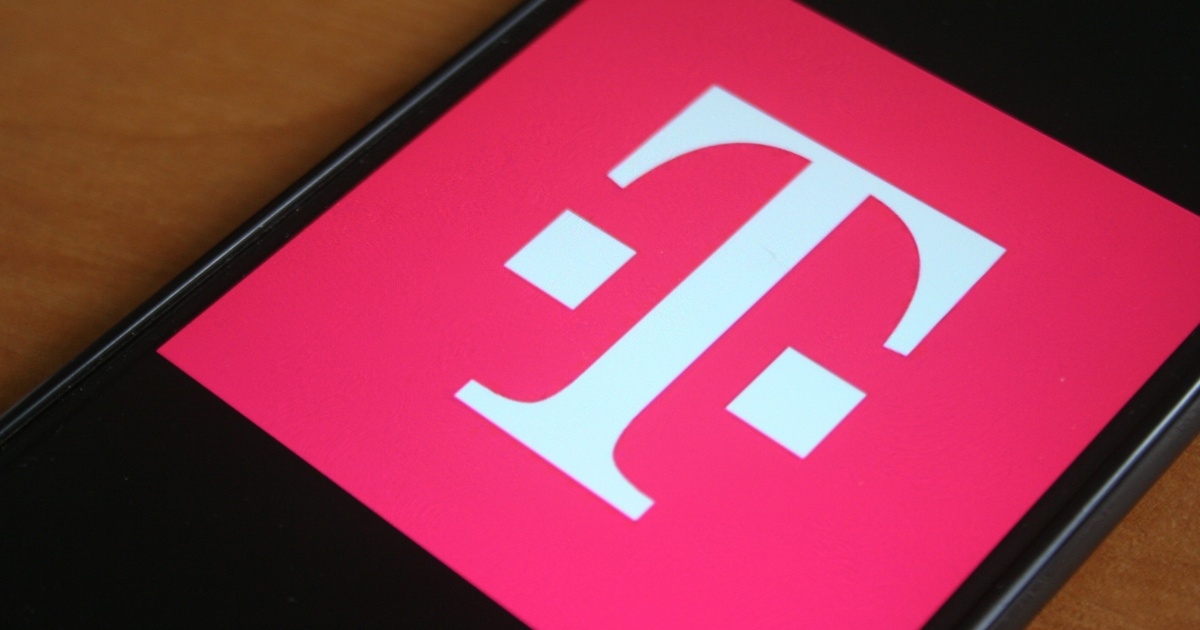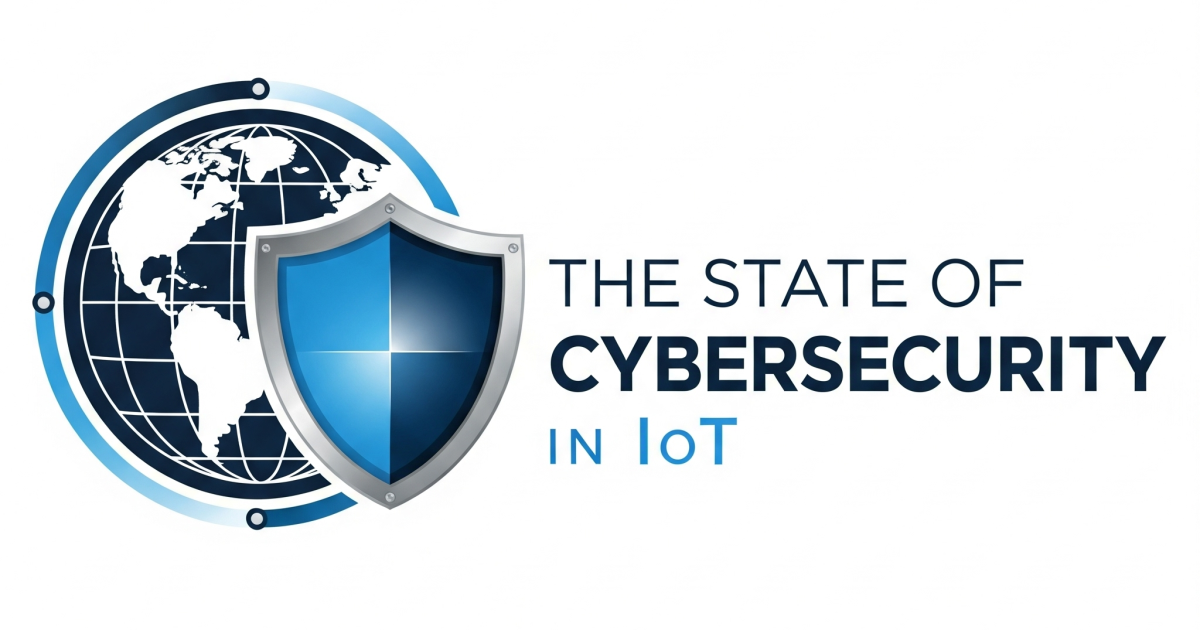
T-Mobile obviously isn’t new to the global telecom space, nor is this wireless network services giant a stranger to the Internet of Things. Given the name of the game (so to speak) for both mobile communications and IoT is connectivity, T-Mobile being more than adept at both makes complete sense. After all, “easy-to-use IoT” has become a big point of progress for the company. Enabling businesses to clinch IoT-centric objectives with a simplified approach to connectivity management and flexible offerings that adapt as market dynamics change, T-Mobile avails robust IoT solutions that address demands in fleet management, asset tracking, sensor solutions, smart video analytics – the list goes on.
All of the above is why our team was immediately interested in news that broke earlier today:
T-Mobile officially announced that it plans to acquire, quote, “substantially all” wireless operations from none other than UScellular.
We featured UScellular on IoT Evolution World back in February – appearing at IoT Evolution Expo 2024 as a Platinum sponsor, Vice President of UScellular Operations and Sales Mark Foster delivered a keynote presentation chock-full of cellular and IoT-focused information related to delivering value in wholesale connectivity.
Now, T-Mobile is beginning its scooping-up of UScellular.
In addition, there were recent reports that Verizon had tossed its name in this hat, as well. However, while “selling to two different parties could help the deals pass the scrutiny of federal regulations” sources stated, it appears T-Mobile opted to seal this deal on its own, rather than split.
According to CNBC, T-Mobile’s acquisition of UScellular involves the following, transaction-wise:
- T-Mobile will acquire the wireless operator’s stores, some of its spectrum assets, and its customers – the deal is valued at $4.4 billion.
- The deal will reportedly be paid partly in cash and through the assumption of $2 billion in UScellular debt. At the time of this article’s publication, up to $100 million of the deal’s cash portion “depends on certain financial and operating metrics being met between signing and closing,” the latter of which is set to happen in the middle of 2025 (following regulatory approvals).
- Both companies said that UScellular will lease space on at least 2,111 towers, allowing T-Mobile to also sign new long-term leases on at least 2,015 towers (and extend existing leases on about 600 others).
- This move will give UScellular customers what was described as a “strong anchor tenant for at least 15 years after the deal’s close.”
So, let’s tie this news back to IoT.
Upon closing, T-Mobile will be able to expand its connectivity offerings to millions of additional customers, particularly those in underserved rural areas. That is the name of the game, as we discussed – connectivity is the lifeblood of IoT, so boosted performance across UScellular’s rural footprint will certainly be of great benefit to those currently struggling with their connectivity needs.
In fact, UScellular CEO Laurent Therivel spoke to this topic, specifically.
“T-Mobile's purchase and integration of UScellular's wireless operations will provide best-in-class connectivity to rural Americans through enhanced nationwide coverage and service offerings at more compelling price points,” Therivel described. “The transaction provides our customers access to better coverage and speeds, as well as unlimited texting in more than 215 countries, content offers, device upgrades and other T-Mobile benefits.”
The long-story-short of this? By tapping into the added capacity and coverage created through the combined acquisition of spectrum and wireless assets, T-Mobile will be even more well-equipped to spur competition and expand its fast-growing home broadband offering and fixed wireless products to communities without competitive broadband options.
And here’s another relevant nugget, readers:
Last week, we heard tell of UScellular teaming up with next-gen Industrial Internet of Things (IIoT) manufacturing solutions provider Rockwell Automation to build the brand-new Connected Enterprise Lab at Rockwell’s location in Mayfield Heights, Ohio. Through this collab, UScellular and its private network expertise has plans to support Rockwell’s ability to deliver “the latest in advanced networking for IoT,” said Dan DeYoung, Global Vice President of Product Management and PMO at Rockwell Automation. “This addresses current market needs and delivers best-of-both-worlds 5G solutions that will reshape the future of industrial and IoT networking.”
So, transforming wireless operations and expanding opportunities for of-the-future connectivity.
Sounds like what T-Mobile is making happen via its UScellular acquisition, in a sense. (And perhaps one of many, many ongoing projects that T-Mobile can expand upon. Time will tell.)
Furthermore, with the T-Mobile Control Center – an automated connectivity management platform for overseeing the lifecycle of IoT device SIMs on T-Mobile’s network – more customers (vis-à-vis the acquisition) will be able to efficiently accelerate and maintain IoT deployments in remote areas, all while saving time money by more capably reducing overage costs and ensuring better IoT device usage.
“As customers from both companies will get stronger coverage and more capacity from our combined footprint, our competitors will be forced to keep up — and even more consumers will benefit," T-Mobile CEO Mike Sievert said. "The 'un-carrier' is all about shaking up wireless for the good of consumers and this deal is another way for us to continue doing even more of that.”
As more T-Mobile + UScellular acquisition news develops, we’ll report what we learn.
Edited by
Greg Tavarez





